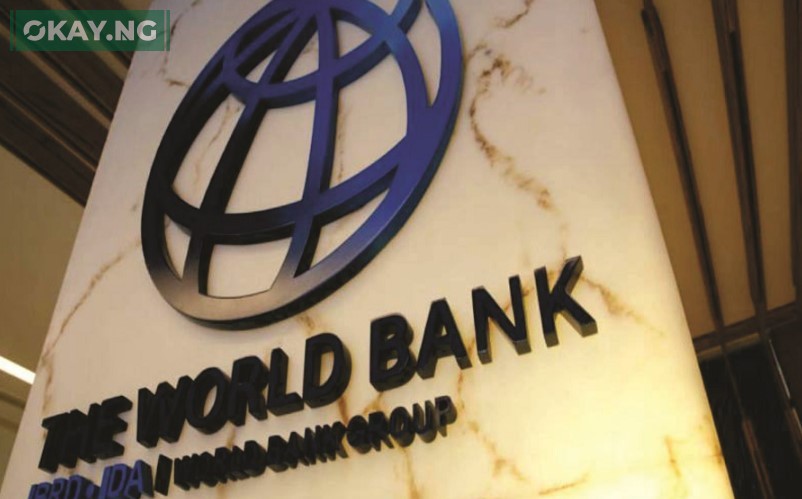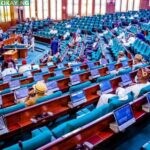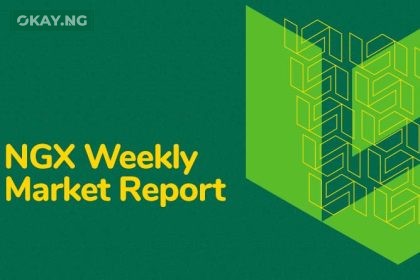The World Bank is set to approve $632 million in new loans to Nigeria today, Monday, amidst escalating concerns over the nation’s burgeoning debt profile. These loans are earmarked for critical sectors, specifically nutrition improvement and quality basic education, reflecting the international institution’s continued support for Nigeria’s development agenda.
According to information obtained from the World Bank’s website, the two loans slated for approval include $80 million for the Accelerating Nutrition Results in Nigeria 2.0 project and $552 million for the HOPE for Quality Basic Education for All programme. These initiatives aim to bolster the Nigerian government’s efforts to enhance access to quality education and improve nutritional outcomes for children.
This development follows the World Bank’s approval of a $500 million loan last Friday, March 28, 2025, for the Community Action for Resilience and Economic Stimulus Programme. This program targets vulnerable populations by providing livelihood support, food security services, and grants to poor households and small businesses, aiming to mitigate the impacts of economic downturns.
However, these new loans arrive against a backdrop of scrutiny regarding the efficient utilization of previous funds. Notably, the disbursement of an $800 million loan for the National Social Safety-Net Program Scale Up has faced significant delays and allegations of fraud. “The delay in funds disbursement is likely linked to the issues of fraud detected under the programme,” according to reports. This program, intended to provide N25,000 to 15 million households over three months, was suspended by President Bola Tinubu’s administration for further investigation and revamping, following allegations of misappropriation.
The Federal Government’s actions, including the suspension of former humanitarian minister Betta Edu and the ongoing investigation of her predecessor, Sadiya Umar-Farouq, underscore the seriousness of these allegations. The World Bank has also imposed sanctions on individuals and businesses found to be involved in fraudulent activities.
Looking ahead, Nigeria is projected to secure six new loans from the World Bank in 2025, totaling $2.23 billion. This would bring the country’s total approved loans from the institution to $9.25 billion over three years, indicating a growing reliance on multilateral funding to support critical sectors.
Read Also: World Bank Forecasts 3.6% GDP Growth for Nigeria
An analysis of Nigeria’s loan approvals since 2023 reveals a significant increase in funding commitments.
In 2023, $2.7 billion was approved, followed by $4.32 billion in 2024. The anticipated $2.23 billion for 2025 highlights the country’s escalating need for financial assistance amidst economic pressures and rising public debt.
Data from the Debt Management Office indicates that the World Bank’s share of Nigeria’s external debt stands at $17.32 billion as of the third quarter of 2024, with the International Development Association accounting for a substantial portion. The Central Bank of Nigeria’s data also reveals that the country spent $5.47 billion on external debt servicing in the past 14 months, highlighting the strain on foreign reserves.
Finance Minister Wale Edun has emphasized the government’s focus on alternative funding sources, such as revenue generation and private sector investment, to mitigate the need for further borrowing. “We are focusing more on optimising assets and attracting private sector investment, whether domestic or foreign,” Edun stated.
Despite these efforts, the consistent increase in World Bank funding underscores Nigeria’s growing dependence on concessional financing. Experts stress the importance of transparent and efficient fund utilization to ensure these loans translate into tangible economic and social benefits for the nation.












